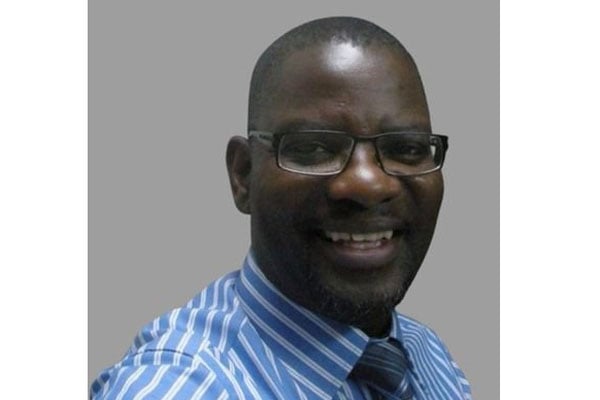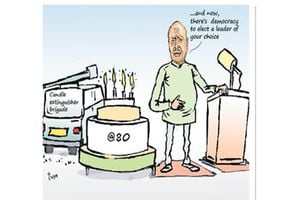
Musaazi Namiti
President Museveni turned 80 this month. In a world where someone somewhere dies every minute — and for someone who took great risks to pursue state power — that is no mean feat. Many people will not live to be 80.
Mr Museveni, who now celebrates his birthdays publicly, something he was not doing 15–20 years ago, told his grandchildren that they need to steer clear of alcohol and tobacco consumption to have good health. "If your health is good,” he said, “you can do a lot of things. "The President is right about the dangers of alcohol and tobacco use.
The World Health Organisation says more than 8 million people die from tobacco use every year while alcohol consumption contributes to 2.6 million deaths each year as well as to the disabilities and poor health of millions of people. Tobacco can also be deadly for non-smokers, and second-hand smoke exposure is blamed for adverse health outcomes, causing 1.2 million deaths annually. Mr Museveni neither smokes nor drinks.
But achieving longevity and having good health extends far beyond not being a smoker or an alcohol consumer. Access to top-flight healthcare is a major contributing factor. And for Mr Museveni, this is not a problem at all. He is in the happy position of never having to worry about medical bills because the taxpayer has his back. Think about this. Every single day, the State House spends Shs2.8 billion. This money can pay (every day) the salaries of 7,000 police officers earning Shs400,000 each. It is almost inconceivable that someone with access to this kind of money can fail to ward off any health challenges. They can afford the luxury of consulting a doctor anytime.
By contrast, a Ugandan who does not smoke, does not drink, like Mr Museveni, but is paid a meagre salary, which cannot meet medical bills, will not be able to consult a doctor even if they have to. Many educated Ugandans know that women, for example, have to go for breast cancer screening and men aged 50 and above have to be tested for prostate cancer. But they live from hand to mouth, and there is no government health facility that provides this service for free.
The taxpayer has to raise some money if they want these tests done. If Mr Museveni has done tests for prostate cancer and any other diseases that afflict people in middle age, he has used taxpayers’ money, of course. And he uses taxpayers’ money to have a medical team that accompanies his convoy when he is traversing Uganda.
Consequently, while Mr Museveni can tell Ugandans that he owes his longevity to a lifestyle that has shunned alcohol and tobacco use, the truth is that the taxes we pay (to which he has unfettered access and total control) have played a major part.I doubt that Mr Museveni would be hale and hearty at 80 if he lived like the vast majority of Ugandans: living in poverty, ignoring aches and pain in the body because there is no money to consult a doctor, having one meal a day, living near a garbage dump (think Kiteezi), etc.
Ugandans should heed Mr Museveni's advice about tobacco and alcohol, but they also need to take note of this: Countries with the highest beer consumption per capita — Czech Republic, Germany, Austria and Ireland — have a higher life expectancy than Uganda. This means if you consume alcohol but you have a robust healthcare system and public health policies, you can mitigate negative health effects.
Mr Namiti is a journalist and former Al Jazeera digital editor in charge of the
Africa desk
[email protected] @kazbuk








